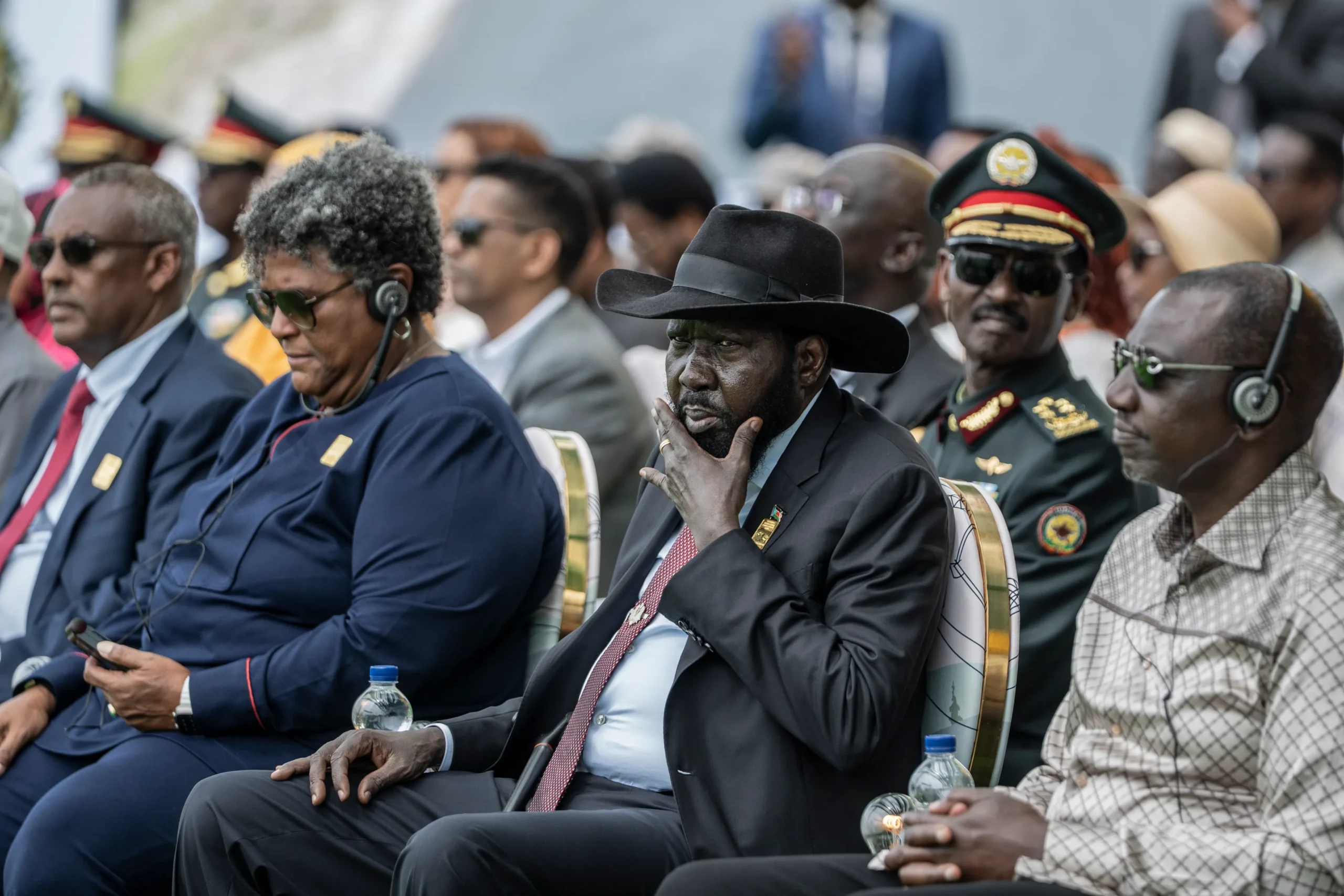A United Nations report has exposed alarming allegations of corruption in South Sudan, claiming that more than $1.7 billion earmarked for road construction projects was diverted to companies linked to Vice President Benjamin Bol Mel, yet little to no infrastructure was completed.
The report suggests that these funds, intended to improve vital transport networks across the country, were funneled to entities associated with Bol Mel over the past several years without tangible results. Such alleged misuse has sparked national and international concern, highlighting persistent issues with transparency and governance in the young nation.
Amid these revelations, the main opposition party, the Sudan People’s Liberation Movement-in-Opposition (SPLM-IO), has called on its supporters to mobilize and defend the country following the indictment and suspension of its leader, First Vice President Riek Machar. Machar faces serious charges, including murder and terrorism, raising fears of a renewed political crisis and instability in South Sudan.
Political analysts warn that the combination of alleged corruption and the suspension of a key opposition leader could deepen divisions, jeopardize the fragile peace established by the 2018 revitalized peace agreement, and undermine public confidence in the government.
Also Read; France Trial Highlights Debate Over Assisted Dying
The SPLM-IO’s strong response underscores a tense political climate, with the risk of protests and unrest escalating in the coming weeks.
International observers and human rights organizations are closely monitoring the situation, stressing the importance of transparency, rule of law, and dialogue between political factions to maintain stability. The corruption allegations also highlight the critical need for oversight in public project management, especially in nations with young and fragile democratic institutions.
For ordinary South Sudanese citizens, the report is a stark reminder of the challenges in governance and the potential impact of political infighting on national development.







